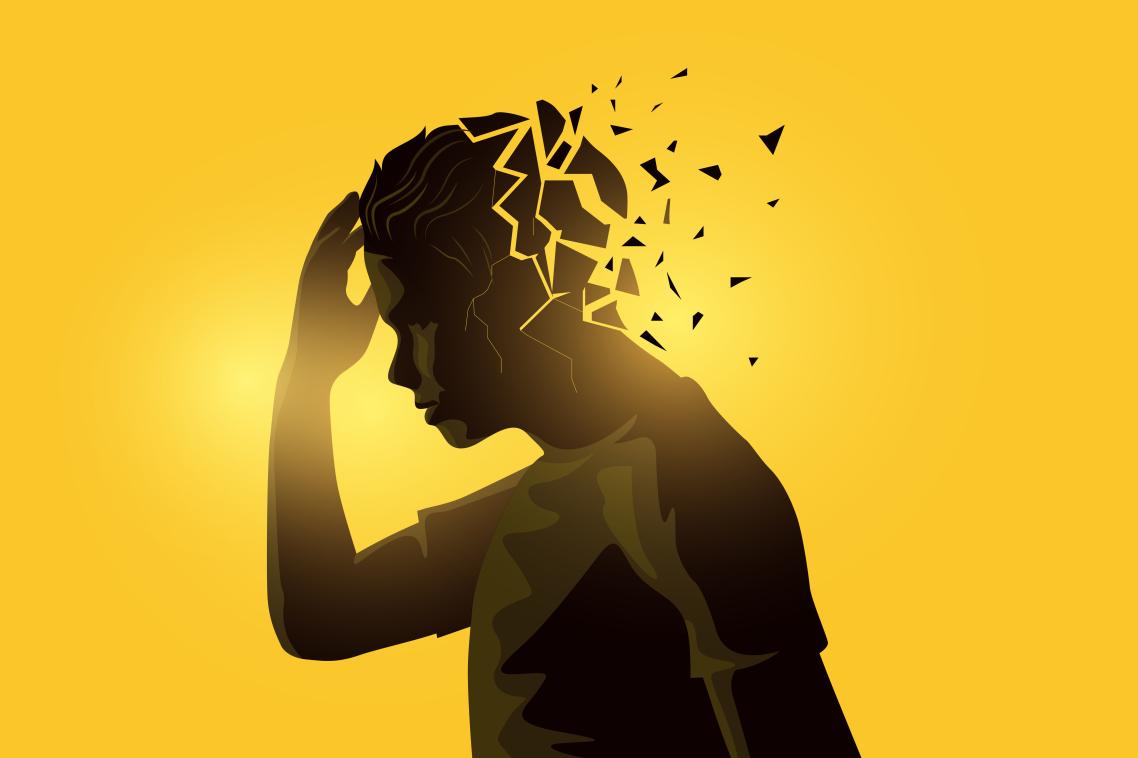Study calls for changes to treatment for Indigenous mental health

A University of Queensland study is calling for changes to the way depression is treated in Indigenous communities in Australia.
UQ Rural Clinical School researcher Dr Bushra Nasir said the research has found that current treatments for Indigenous Australians are not working.
“Mainstream treatment models fail to incorporate the Indigenous understanding of mental health,” Dr Nasir said.
“Our results show that treating depression in Indigenous communities should extend beyond just clinical approaches.
“Retaining culture, spiritual beliefs, autonomy and a connection to Country will have a significant impact on improving Indigenous mental health and wellbeing.”
Dr Nasir said there’s also emerging evidence of the link between health and Indigenous connections to traditional grounds.
“Culture and identity were found to be central towards perceptions of health and wellbeing of Indigenous Australians, not just individually, but as a community,” she said.
“Rates of mental disorders for those residing on Country have been identified as about half of those in mainstream communities.
“Evidence suggests positive health changes are experienced when Indigenous people reside, work and live on Country.”

The study was conducted over six months in consultation with Elders, psychologists, mental health workers, Aboriginal Medical Services (AMS) staff and current and former users of health services.
Led by Faculty of Medicine Associate Dean (Indigenous Engagement) Dr Maree Toombs, researchers interviewed three focus groups, drawn from the Darling Downs and South West regions of Queensland.
“Mental illness is a significant burden for Indigenous Australians,” Dr Toombs said.
“Previously, the Australian Burden of Disease Study found that mental and substance use disorders were the leading cause of ill health among Indigenous Australians.
“Rates of psychological distress among Indigenous Australians are at least twice the rate of the general population.
“Recent evidence indicates that the prevalence of common mental disorders among Indigenous Australian adults is more than four times that of non-Indigenous Australians.”
The UQ researchers are now developing an Indigenous Model of Mental Health Care (IMMHC) for culturally appropriate and effective treatment options.
“The aim of the IMMHC is to evaluate and lessen the severity of depression symptoms,” Dr Toombs said.
“Connection to culture and Country were described as inalienable Indigenous rights, and as pathways to improved health and wellbeing outcomes.
“Elders highlighted that enabling access and connection to Country and sacred sites would enable teaching and strengthening of culture.
“The Elders also raised the issue of insufficient funding and a recommendation was made for Indigenous communities to have independence and decision-making authority.”
Media: Dr Maree Toombs, m.toombs@uq.edu.au, Dr Bushra Nasir, b.nasir@uq.edu.au; UQ Communications, med.media@uq.edu.au , +61 7 3365 5118, +61 448 410 364.
Topics
Related articles

Australia needs doctors – so why are hundreds of qualified international physicians unable to work?

Greater attention needed on community service workforce
Media contact
UQ Communications
communications@uq.edu.au
+61 429 056 139
